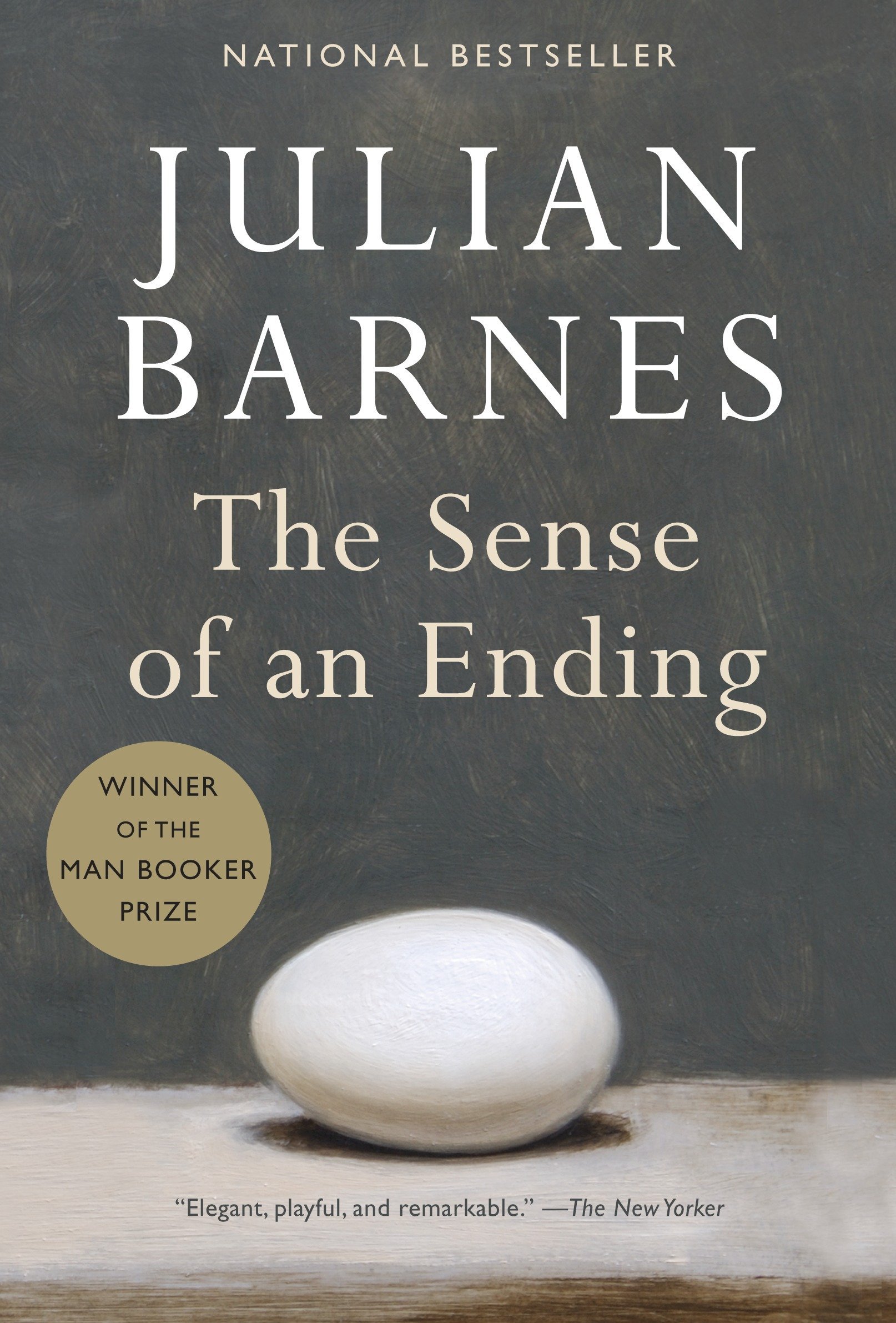So I just finished Julian Barnes’ The Sense of an Ending and well a lot of things doesn’t make sense, especially the ending. But don’t get me wrong, I loved the book.
It’s so mysterious and after reading it, I felt like I missed a lot that I have to re-read it again which is what I will do after reading this (I got the title from the article). I’ve been doing a lot of research and reading discussions and blogs on what they think really happened in the book.
*SPOILERS*
Here are some of my questions.
So anyway, if I do get some sense out of it I’ll try to write it down.
Can someone please explain why Jack calls Sarah, the Mother?
What did Veronica mean when she asked his brother, “He’ll do, won’t he?”
What did Sarah mean when she told Tony, “Don’t let Veronica get away with too much”
Why did the dad tell about fake stories to Tony?
Why did the dad Veronica and Jack go for a walk, just the three of them?
What is Jack doing, well, wherever he is and why does he doesn’t seem to care about his sister anymore?
What’s up with the many badges guy?
Why does Adrian2 call Veronica, Mary?
Blood money? For? And why to Tony? Shouldn’t they offer it to Veronica? And why is it so specific, 500 pounds?
The Goodreads page and Man Booker Prize forum might be helpful.
Here are some of my highlights from the book
- Later on in life, you expect a bit of rest, don’t you? You think you deserve it. I did anyway. But then you begin to understand that the reward of merit is not life’s business.
- We live with such easy assumptions, don’t we? For instance, that memory equals events plus time. But it’s all much odder than this. Who was it said that memory is what we thougt we’d forgotten? And it ought to be obvious to us that time doesn’t act as a fixative, rather as a solvent. But it’s not convenient— it’s not useful— to believe this; it doesn’t help us get on with our lives; so we ignore it.
- Sometimes I think the purpose of life is to reconcile us to its eventual loss by wearing us down, by proving, however long it takes, that life isn’t all it’s cracked up to be.
- How often do we tell our own life story? How often do we adjust, embellish, make sly cuts? And the longer life goes on, the fewer are those around to challenge our account, to remind us that our life is not our life, merely the story we have told about our life. Told to others, but – mainly – to ourselves. And yet it takes only the smallest pleasure or pain to teach us time’s malleability.
- I certainly believe we all suffer damage, one way or another. How could we not,except in a world of perfect parents, siblings, neighbours, companions? And then there is the question on which so much depends, of how we react to the damage: whether we admit it or repress it,and how this affects our dealings with others.Some admit the damage, and try to mitigate it;some spend their lives trying to help others who are damaged; and there are those whose main concern is to avoid further damage to themselves, at whatever cost. And those are the ones who are ruthless, and the ones to be careful of.
- Does character develop over time? In novels, of course it does: otherwise there wouldn’t be much of a story. But in life? I sometimes wonder. Our attitudes and opinions change, we develop new habits and eccentricities; but that’s something different, more like decoration. Perhaps character resembles intelligence, except that character peaks a little later: between twenty and thirty, say. And after that, we’re just stuck with what we’ve got. We’re on our own. If so, that would explain a lot of lives, wouldn’t it? And also – if this isn’t too grand a word – our tragedy.
So, go on and read it (you can get a free Kindle copy from Mensis Liber) and share your thoughts with me.
